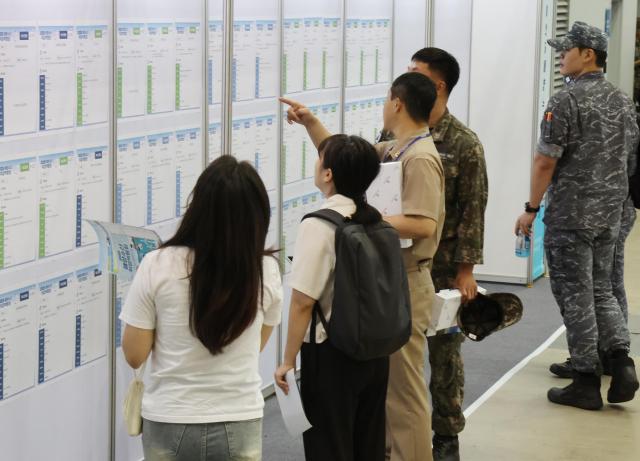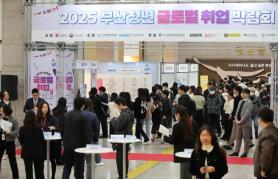
SEOUL, September 11 (AJP) - U.K.-educated Koo turned 30 this year but still cannot dream of moving out of her parents’ home in Seoul after repeated job rejections.
“Once you miss the usual hiring window, it gets harder each year and many peers end up stuck like me,” said Koo, who asked not to be fully named.
After studying fashion in Britain for three years, Koo returned home and searched for work for more than a year. She gave up after repeated denials in the final rounds of hiring.
“Age became an issue as an entry-level candidate, even with my overseas experience and credentials,” she said.
Koo is among the 328,000 Koreans in their 30s who have dropped out of the labor force for reasons not recognized in official statistics—such as childcare or health treatment. This group, often labeled NEETs (not in employment, education, or training), has been rising for six straight months since September last year.
As of early 2025, more than 504,000 Koreans aged 15 to 29 fell into the NEET category, or the the economically inactive population. The figure is expected to worsen as the youth unemployment rate climbed to 7.5 percent in March, with little sign of reversal.
The paradox is especially stark in Korea: seven out of ten Koreans aged 25 to 34 hold a college degree or higher—the highest share among advanced economies—yet many remain sidelined.
Fearing a vicious cycle of stalled youth employment feeding into the nation’s ultra-low birth rate, the government on Wednesday unveiled its most aggressive package yet, branded the “Job First-Step Guarantee Program.”
Under the scheme, authorities will create a database to track and identify 150,000 idle youths annually for customized training and job matching. Monthly job-search allowances will rise to 600,000 won ($440) from the current 500,000 won starting next year.
The statutory definition of “youth” will also be extended to age 34 from 29, reflecting delays in first-job entry and men’s mandatory military service.
Government measures may act as priming water, but experts warn that the problem of “new unemployables”—well-qualified young people who still fail to secure work—cannot be resolved without structural fixes.
“While companies complain about labor shortages, young people struggle to find jobs because there’s a disconnection between academic learning and workplace requirements,” said Kim Deok-pa, economics professor at Korea University.
Copyright ⓒ Aju Press All rights reserved.




